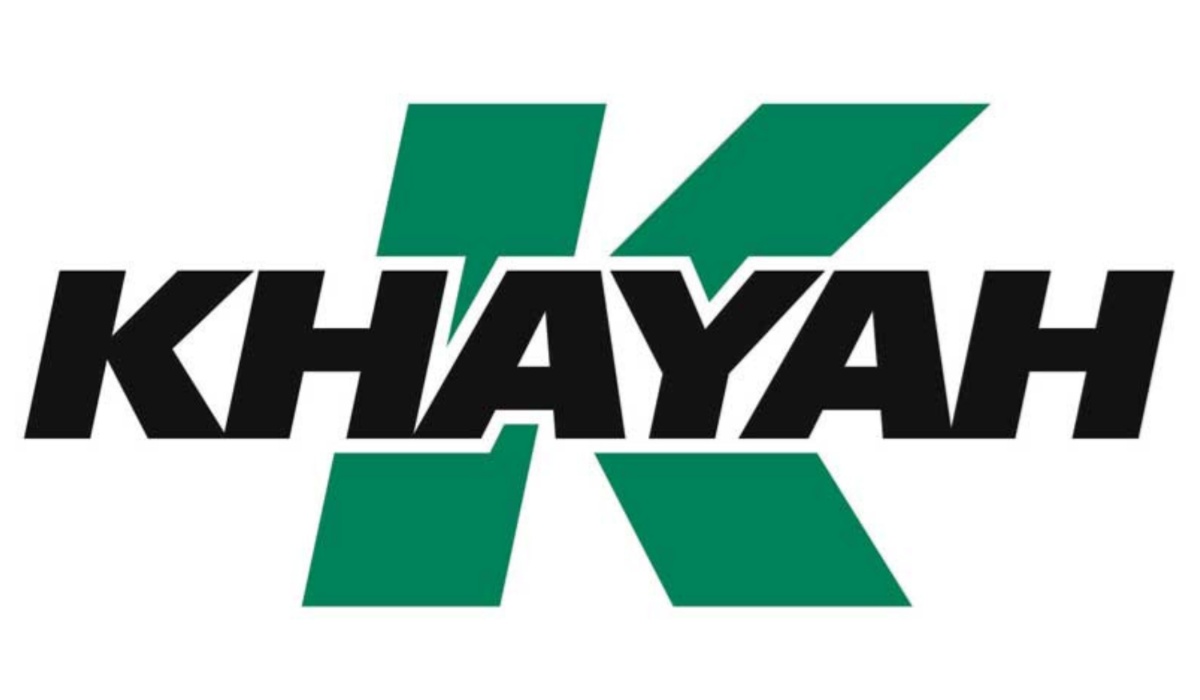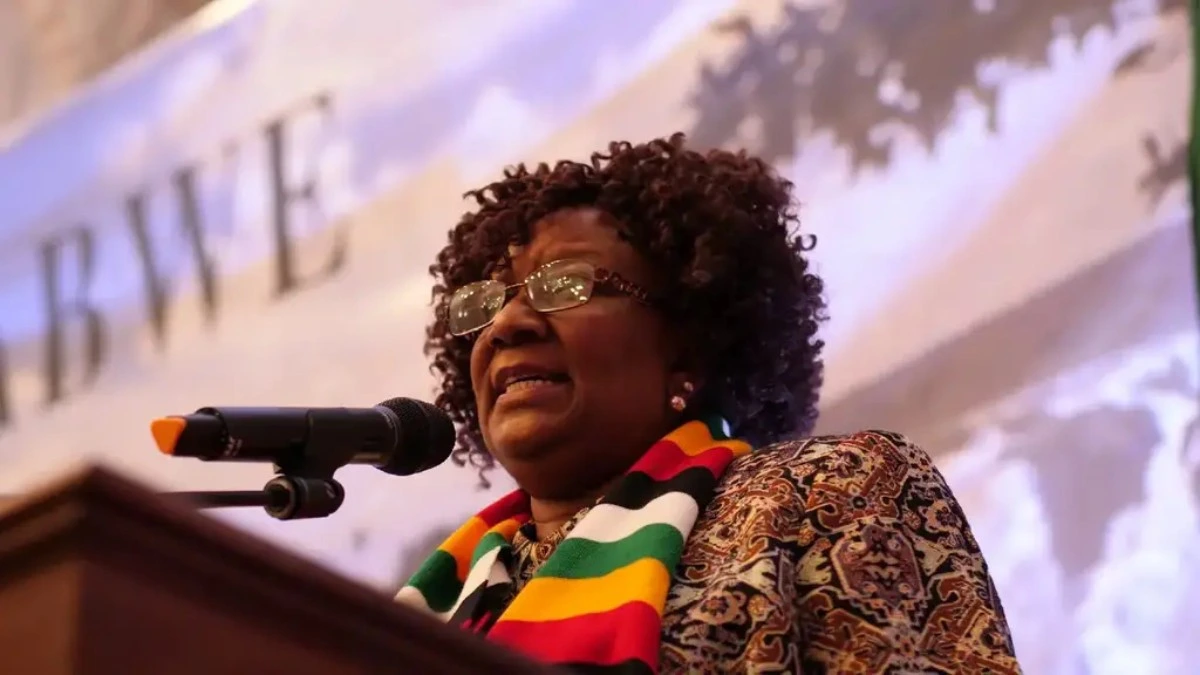Stephen Mutamba Biography | Background | Career | US Sanctions
This is the biography of Stephen Mutamba, a senior Zimbabwean police officer currently serving as the Commissioner-General of the Zimbabwe Republic Police (ZRP).
Background
On August 27, 2020, Stephen Mutamba’s nephew, Thomas Mabgwe, a Detective Assistant Inspector appeared in court accused of accepting two housing stands worth US$78,000 as a bribe in 2015. These stands were allegedly provided as a “protection token” by a man under criminal investigation. Mabgwe was arrested at Mutamba’s residence.
Also read: Godwin Matanga Biography | Age, Early Life, Wife, Career, Sanctions
Career
Early Roles and Reassignments
In 2019, Stephen Mutamba transitioned from his role overseeing Crime to a position in Operations within the ZRP. On January 6, 2021, ZRP Commissioner-General Godwin Matanga reassigned Mutamba from Operations to Administration.
Appointment as New Commissioner-General
On December 20, 2024, President Emmerson Mnangagwa appointed Mutamba as the new Commissioner-General of the ZRP, effective January 1, 2025. This followed the retirement of his predecessor, Godwin Matanga, on December 31, 2024.
U.S. Sanctions
Stephen Mutamba was added to the U.S. Department of the Treasury’s sanctions list by the Office of Foreign Assets Control (OFAC) under Executive Order 13469. This designation cited his alleged role in undermining Zimbabwe’s democratic institutions and processes.
According to OFAC, Mutamba played a role in:
- Supporting actions that pressured and intimidated opposition political figures in 2020.
- Backing the selective enforcement of a COVID-19 curfew to suppress opposition activities.
- Discouraging diplomatic engagement between foreign officials in Zimbabwe and opposition or civil society groups.
- Advocating for restrictions on electoral transparency, including barring the display of vote tallies outside polling stations and opposing international election monitoring for the 2023 elections.
These actions were framed as contributing to the suppression of legitimate political activities and limiting democratic engagement.



